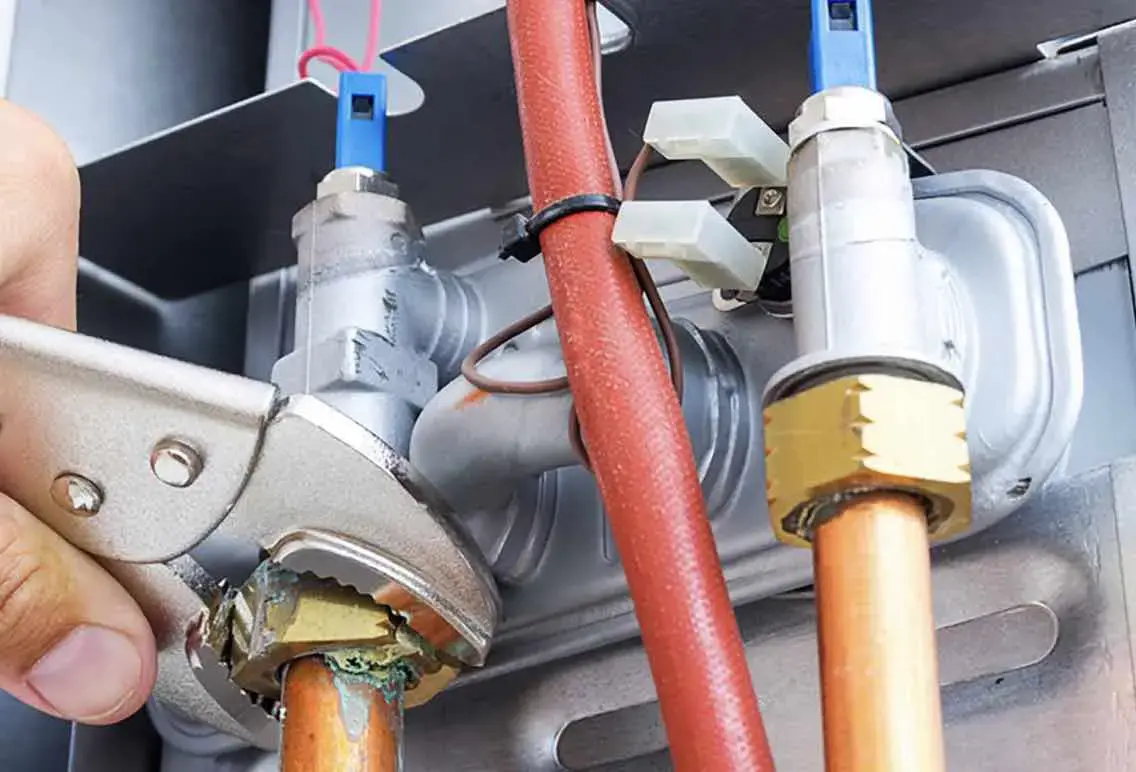-
Australia must rapidly transition away from gas to renewable energy for environmental and economic reasons.
-
Gas is not a transitional fuel, and its climate impacts may be underestimated due to methane leakage across the supply chain. Phasing out gas is critical to meet climate targets.
-
Electrification powered by renewables can meet energy needs more cheaply and cleanly. Heat pumps, induction cooktops and electric vehicles are mature technologies ready to replace gas.
-
Gas demand is declining globally while renewables are booming. Investing further in gas risks billions in stranded assets. Renewables create more jobs than fossil fuels.
-
Government policy should support electrification, ensure no new gas infrastructure is built, and assist workers transition from gas industries. Phasing out gas by 2030 is feasible with political will. Our future depends on acting swiftly.
The environmental gains are nice and all - but you’ll get further if you just point out the economic advantages.
- Depending how often you cook, you can save about $2,000 per year by cooking with an induction stove*
- If you replace your gas hot water heater with a solar one, you can save about $500 per year
- In a cold climate, you can save another $2,000 per year by heating your home with a reverse cycle air conditioner instead of a gas heater. And it’ll keep you cool in summer.
So - several thousand dollars per year in savings. More than enough to justify the upgrade price.
(* also, a good induction stoves will run hotter than any gas stove, and you can set a lower minimum temperature as well. Best of all though at every temperature in between you’ll have more control and faster temperature changes than a gas stove).
Gas stoves are also slower than electric stoves for cooking (not, as is usually assumed, faster). And even if you don’t care about the climate at a large scale, they’re beneficial on a personal level because gas stoves can quite significantly reduce your indoor air quality in a way that electric simply does not.
That, plus the economic arguments made in other comments, plus the broader climate arguments, basically make it a no-brainer: there’s no reason to be using gas for cooking in 2023.
I don’t know as much about the gas for heating argument, though considering heat pumps can be up to 500% efficient it seems pretty unlikely that gas will fair much better for heating than it does for cooking (except, possibly, for some of the most extreme cold areas—much colder than any of Australia’s major cities).
Yeah, the only faster gas stoves are wok burners and those use a fuckload of gas to run. They’re really only suited to cooking certain dishes. I have one alongside my outdoor grill. Induction can’t quite replicate a wok burner yet.
The amount of smoke good wok cooking makes, you’re very off outside anyway.
The big bad Greenies are not going to storm into your house to take away the BBQ.
The one that sits outside unused and is a habitat for spiders? Or the one out front for hard waste collection because it’s rusted to shit?
deleted by creator




